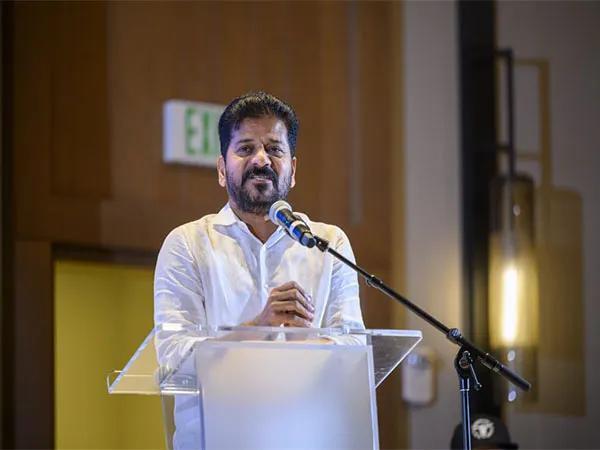 |
|
The Supreme Court of India, in a recent hearing, delivered a strong rebuke to Telangana Chief Minister Revanth Reddy for his comments following the granting of bail to BRS leader K Kavitha. The court emphasized the critical importance of mutual respect between the judiciary and the legislature, asserting that such respect is fundamental to the smooth functioning of a democratic system. The judges expressed concern over the CM's remarks, which they perceived as undermining the court's authority and potentially interfering with the ongoing legal proceedings. The court warned that if the CM continues with such behavior, it would consider shifting the trial to a different location outside of Telangana, a drastic measure intended to ensure impartiality and prevent any further interference in the judicial process.
The controversy arose after Kavitha, a prominent figure in the Telangana Rashtra Samithi (BRS) party, was granted bail in connection with a money laundering case. Following the bail order, CM Reddy made public statements that were interpreted by the court as casting doubt on the judicial process and suggesting that political influence may have played a role in the decision. The court found these comments unacceptable, highlighting the need for both the executive and legislative branches of government to uphold the independence and integrity of the judiciary. The judges made it clear that they would not tolerate any attempts to influence their decisions or undermine the public's faith in the legal system.
The Supreme Court's strong stance against the Telangana CM serves as a reminder of the delicate balance that must be maintained between the different branches of government. It underscores the importance of respecting the separation of powers and the need for all parties involved in the justice system to act with decorum and professionalism. The court's decision to threaten the relocation of the trial is a significant escalation, indicating the seriousness with which it views the CM's actions. This case serves as a valuable lesson on the importance of maintaining a healthy and respectful relationship between the judiciary and the political branches of government, crucial for ensuring a functioning democracy.
